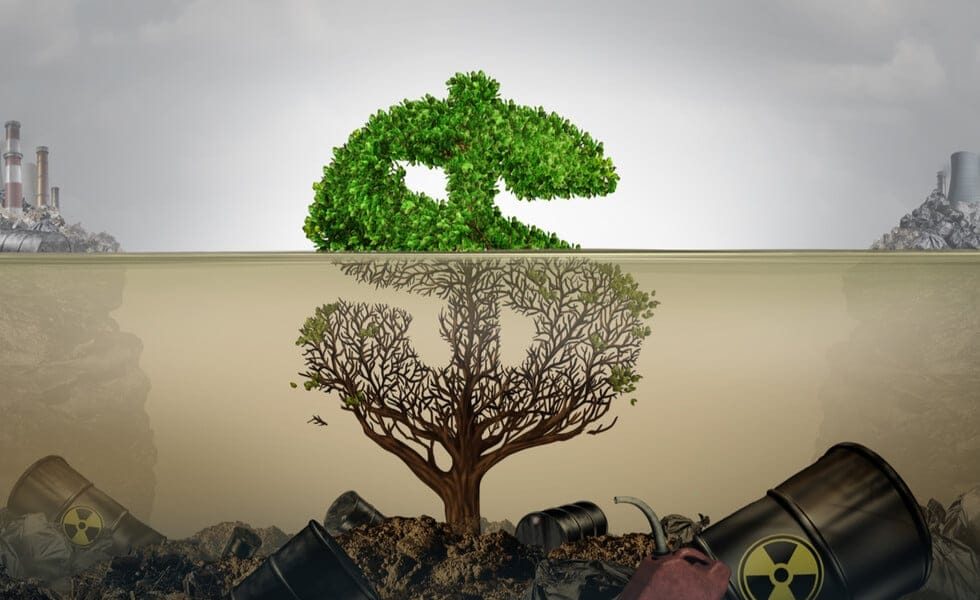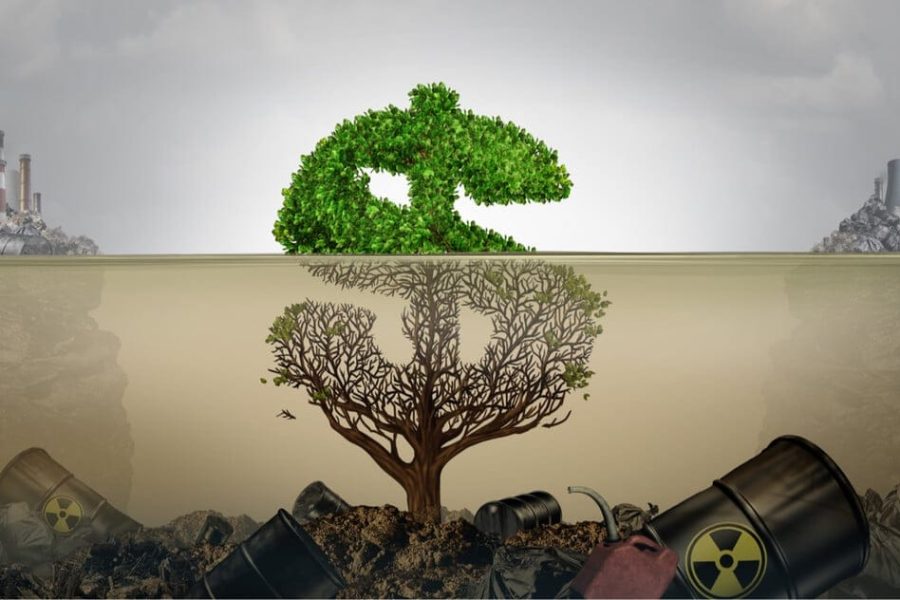Are you one of the many who prefer to buy products that are sold with a label like environment-friendly, plant-based, locally-sourced, or sustainable? If so, how sure are you that the manufacturer really advocates for environmental preservation? How can you tell whether or not youre just being greenwashed?
What is greenwashing, anyway?
American environmentalist and researcher Jay Westerveld coined the term greenwashing in 1986. The term was initially used to describe a resort in Samoa selling reusable towels to supposedly help the environment. On the other hand, as sales of the towel continued, so did the resorts continuous expansion and encroachment within the local area.
Such a business strategy has proliferated extensively nowadays in the business world.
Greenwashing is the practice of businesses launching campaigns, advertisements, and labeling that claims to be environmentally beneficial but in contradiction to their environmental and sustainability record.
For example, many clothing companies claim to support efforts in mitigating pollution to the environment. However, it is public knowledge that the clothes we wear in America are mainly made in Asia where workers are grossly exploited and work in inhumane working conditions.
Greta Thunberg, the youth environmental activist, called fast-fashion conglomerates guilty of polluting the environment but branding themselves as climate-friendly.
It is also greenwashing when companies spend too much time launching expensive marketing campaigns to brand themselves as eco-friendly than reversing their irresponsible business practices.
In America, we can see that almost all big companies have their own campaigns, advertisements, and labels supporting environmental preservation. To be fair, some businesses are really true to their word. However, several of them greenwash since the public is more socially aware and sustainability-conscious. Studies have shown that two in three Americans are willing to invest more in products that are labeled eco-friendly.
How not to be greenwashed
1. Dont be carried away by green-speak
Be suspicious of fluffy language that doesnt have clear proof. For example, the most common buzzwords in greenwashing include the following: eco-friendly, plant-based, sustainable, renewable, natural, biodegradable, recyclable, and locally-sourced.
As a way to ensure their claims, look for certification and not just words. It is easy to print those claims on the label, but certification needs to be earned. You can rely on Rainforest Alliance Certified, Fair Trade Certified, and Green Seal certifications.
2. Buy the brand, not the product
Identify the brand and do your research. Buy those brands that have good environmental-friendly practices. Also, double-check if the company is not a corporate ruse out to greenwash consumers.
3. Use common sense
Be alert on these red flags:
- Irrelevant claims: A soda is gluten-free.
- Clean products from dirty companies: Products manufactured by plans running on fossil fuels are never clean. They have high carbon emissions that damage the environment.
- Self-contradictory language: A clean coal energy plant does not exist, nor does biodegradable plastic.
Greenwashing is a double-edged sword. Crooked companies use this tactic as a smokescreen of their unethical practices to upsell gullible customers. So, in the end, be a smart buyer!

